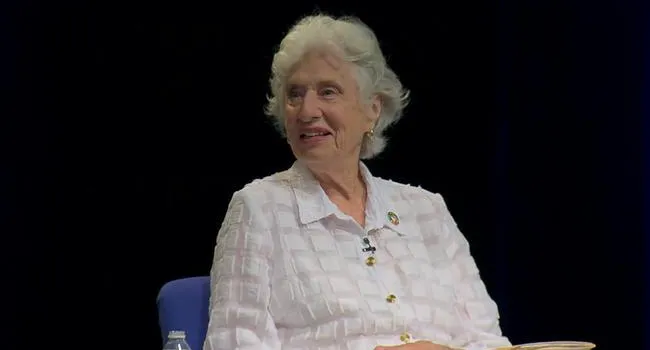After the burning of Pennsylvania Hall, in Philadelphia, the Welds, along with Sarah Grimké, retreated to a farm in Belleville, New Jersey, where in 1839, the three produced a compendium on American slavery. This compendium had such a tremendous impact for the abolition movement. After the publishing of the compendium, both Angelina and Theodore retired from public life, and raised a family. Theodore established two schools, where he and the Grimké sisters both taught. At the Eagleswood school in Massachusetts, students of all races and sexes were welcome to attend. Suffragist Elizabeth Cady Stanton and her husband held a close personal relationship with the Grimké-Weld family, and Sarah Grimké was a mentor to Stanton. Inexplicably, when Elizabeth Stanton wrote a history of the women’s rights movement, she failed to acknowledge the contributions of the Grimkés. In 1848, Stanton invited the Grimké sisters to the Seneca Falls Convention in 1848, but the Grimkés did not attend. African Americans, with the exception of abolitionist Frederick Douglass, were not invited to attend, either.
The groundwork laid by the Grimké sisters paved the way for other southern women to pursue activism for both abolition and women’s rights. The Grimké family continued to prosper in the years following the Civil War.
Standards
- 5.2.CX Contextualize the post-war economic climate on the cultural landscape throughout the United States and South Carolina.
- 8.4.CO Compare perspectives toward reform that engaged during the Progressive Era.
- This indicator was designed to encourage inquiry into how new state and federal Progressive legislation affected individuals and businesses in South Carolina and the US. The indicator was designed to promote inquiry into the new perspectives that emerged regarding social and political change.
- 8.4.CX Evaluate South Carolinians’ struggle to create an understanding of their post-Civil War position within the state, the country, and the world.
- This indicator was developed to encourage inquiry into how the former planter class, African Americans, women, and others adjusted to, gained, lost, and/or regained position and status during Reconstruction. This indicator was also written to foster inquiry into how South Carolina worked with a stronger federal government and expanding international markets.
- USHC.3.CE Assess the causes and effects of significant turning points in the Populist and Progressive era from 1877–1924.
Resources
You need to be logged in to listen to view this content. Create an account now; it's quick, easy, and free!
Log In to View














